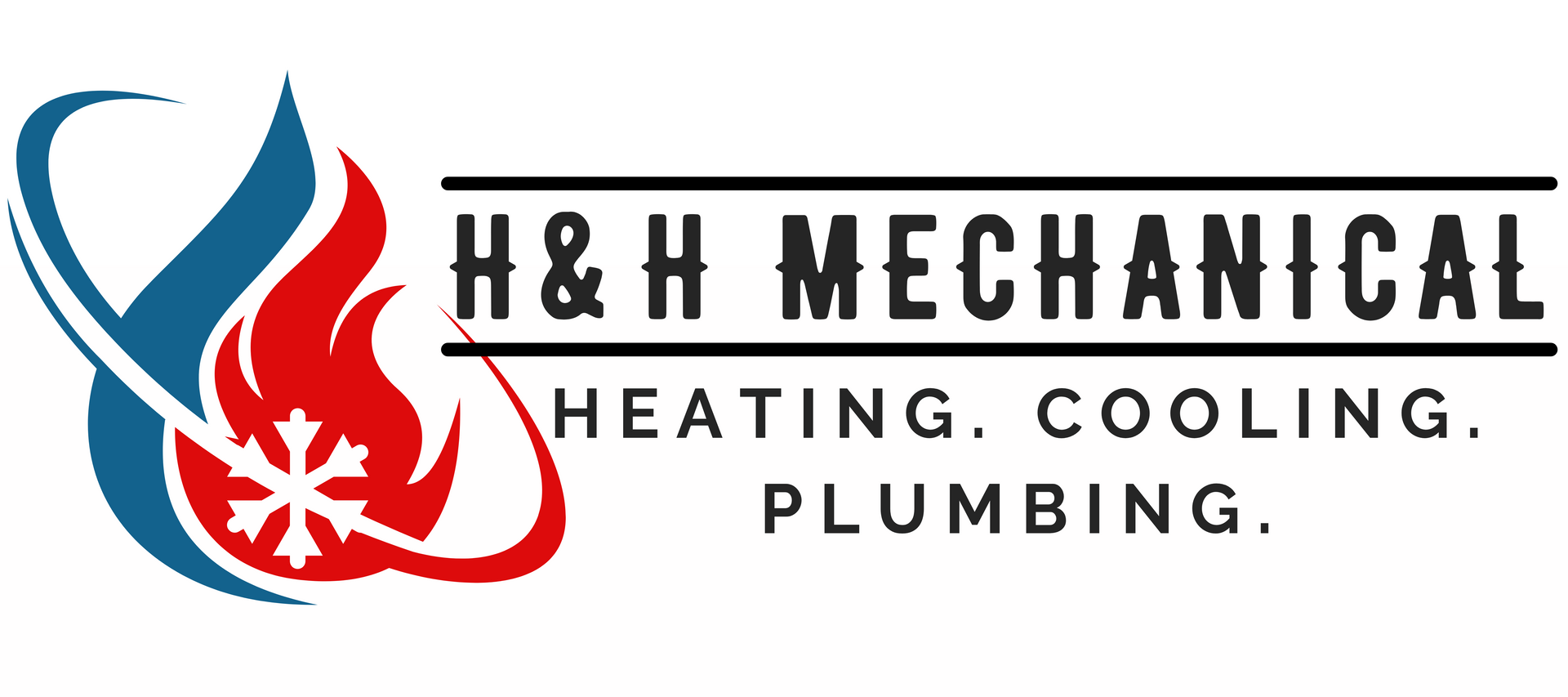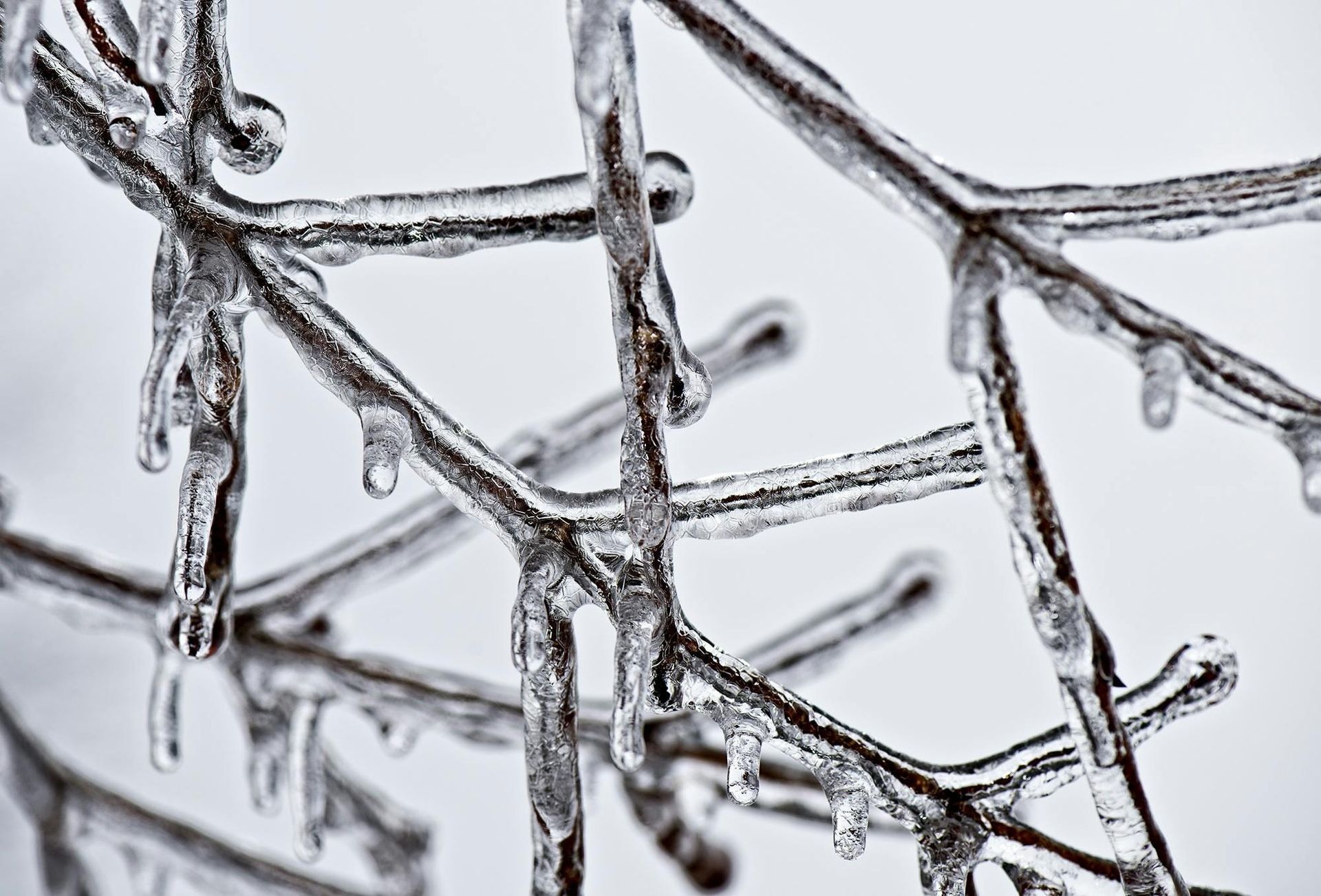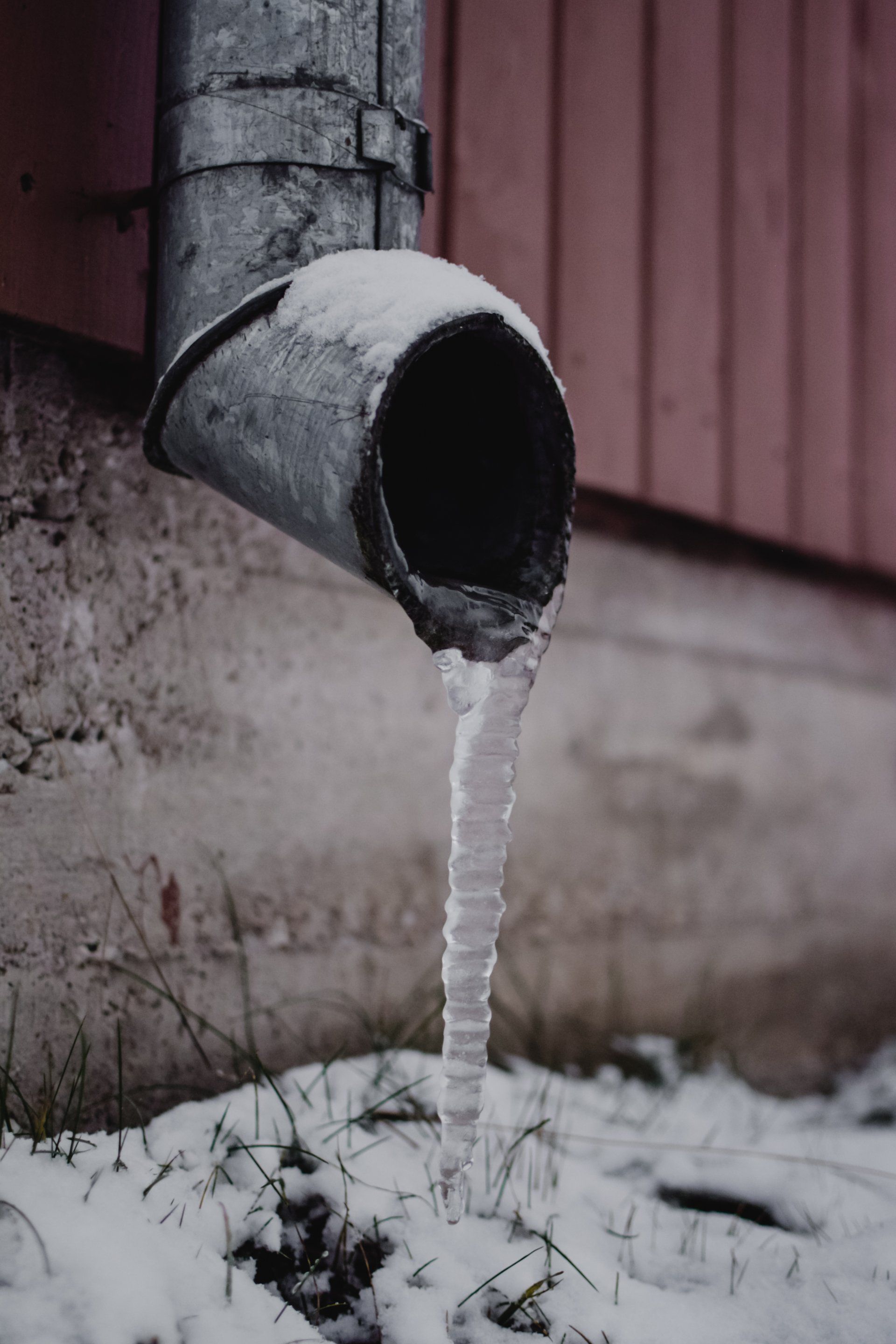The Ultimate Guide to Replacing Your HVAC System

Introduction: What are the Benefits of Replacing an Old HVAC System?
Replacing an old HVAC system can be a difficult decision to make. It requires a significant financial investment, and it can be hard to decide when the time is right. But there are many benefits associated with replacing your old HVAC system, including improved energy efficiency, increased comfort, and lower energy bills. If you’re considering replacing your old HVAC system, make sure to compare the costs over the life of your new system and consider how much energy it will save.
How to Tell if Your HVAC System Needs Replacement
Knowing when it is time to replace your HVAC system can be a difficult decision. It can be hard to tell if your HVAC system needs replacement or if it just needs some maintenance. There are a few signs that you should look for that will help you determine when it is time to replace your HVAC system. These include increased energy bills, strange noises coming from the unit, and age of the current unit. By understanding these signs, you can make an informed decision on whether it is time for a new air conditioner or heat pump.
Does your air conditioner run non-stop in the summer? During extreme heat, an HVAC system can struggle to cope. Old R-22 units from the 1980s can still work, but will cause your electricity bill to skyrocket; these older systems are less efficient. Newer refrigerant is more effective in the cooling process and will save you money in the long run.
Are you hearing any unusual sounds coming from your HVAC System? This could mean that the internal components of both inside and outside units have seen a lot of use, and noise can signify an issue with the system. HVAC systems are pretty reliable and most problems will show themselves as a noise, so if you experience something strange, we recommend contacting us ASAP to get either a specialist or an emergency service company out for repair!
How long has your HVAC system been around? Most systems come with a 10-year warranty and can last up to that period if they are regularly maintained. This is the average life expectancy of such systems. At H & H Mechanical, we want to ensure that you get the utmost benefit from your HVAC System, but we also strongly advise having a plan in place to anticipate future needs.
How Much Does it Cost to Replace an Old HVAC System?
Replacing an old HVAC system can be a costly endeavor, but it is also necessary to ensure that your home’s heating and cooling system is running efficiently. The average cost of the system will vary in every aspect; from the size of your home, the size of your system, and local/national requirements; a lot of information is needed to make a new system work for you correctly. Other factors such as location, age of the existing system, and energy efficiency ratings should also be taken into consideration.
Repair Versus Replacement
When it comes to HVAC repair versus replacement, the decision can be difficult. Depending on the age and condition of your unit, replacing it may be more cost-effective in the long run. An HVAC professional can help you assess your system's condition and determine if repairs or a new installation are best for your home. They can explain the pros and cons of each option to help you make an informed decision about what’s best for you. Give us a call if you would like to schedule a free estimate with one of our licensed professionals today.






